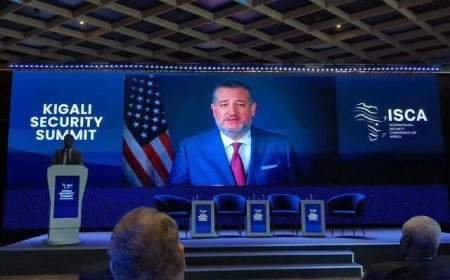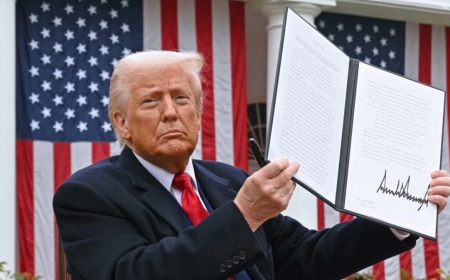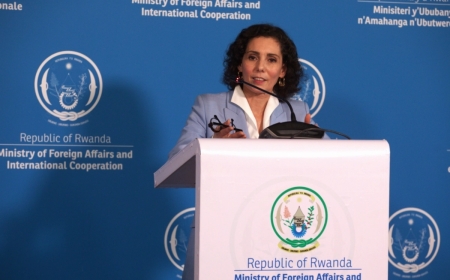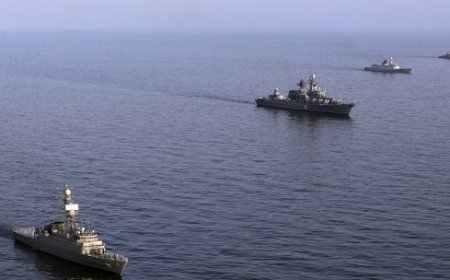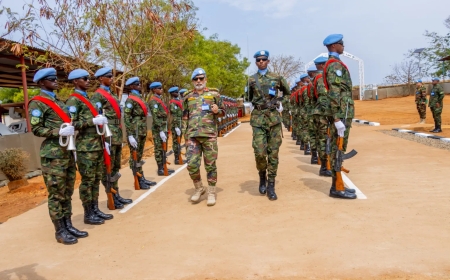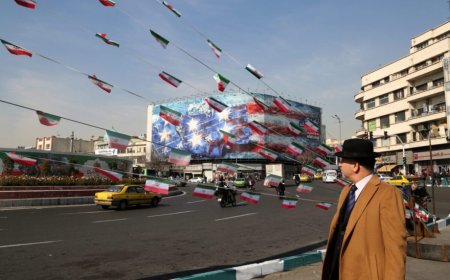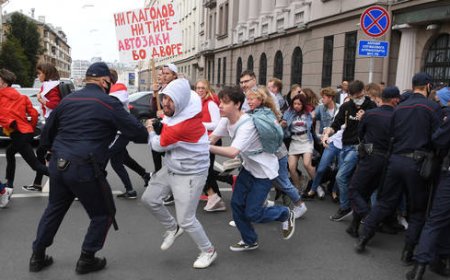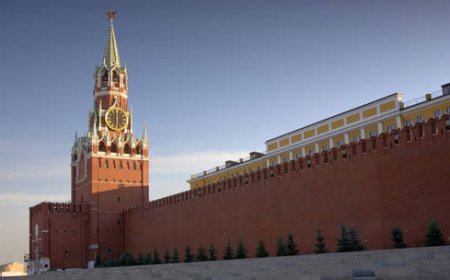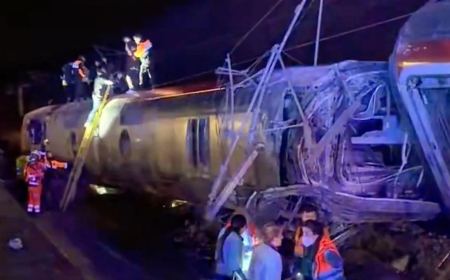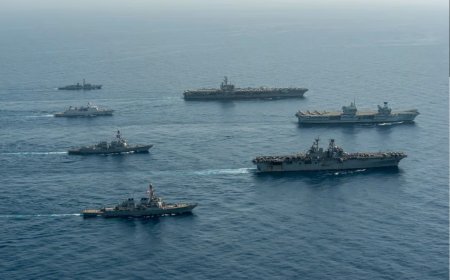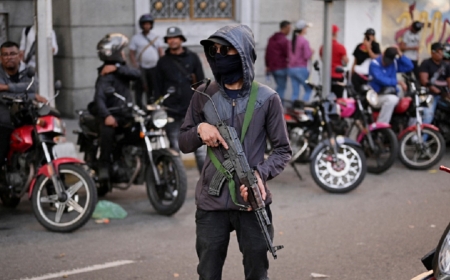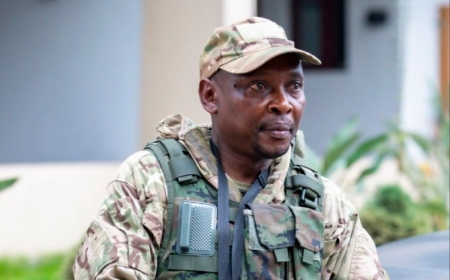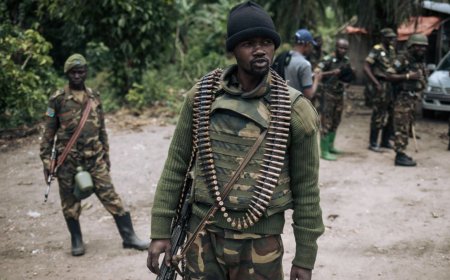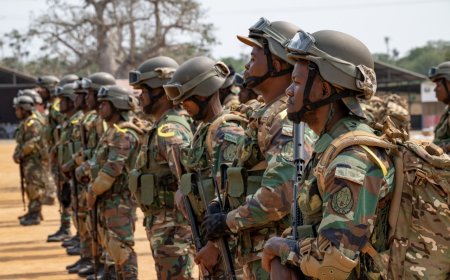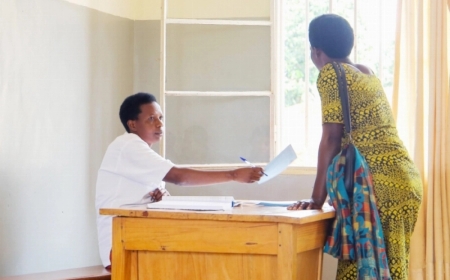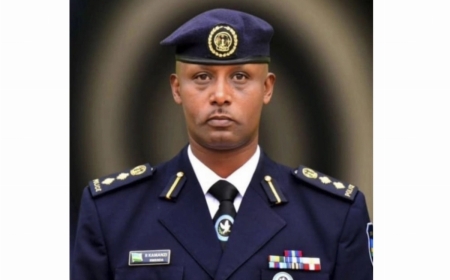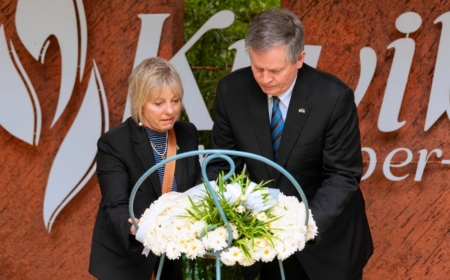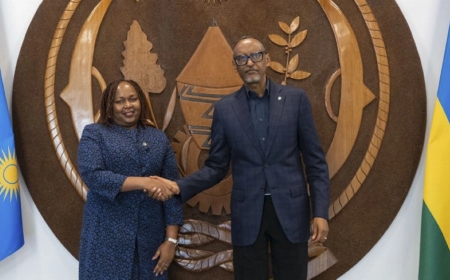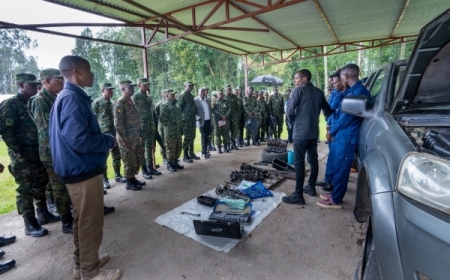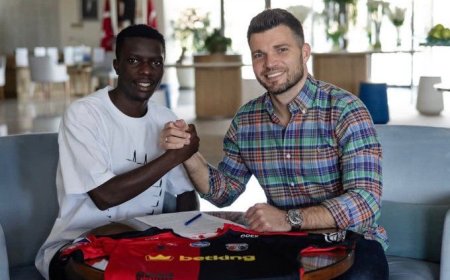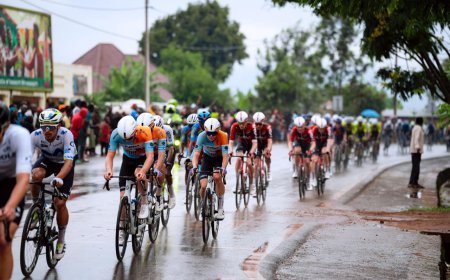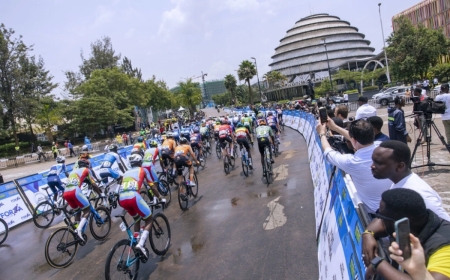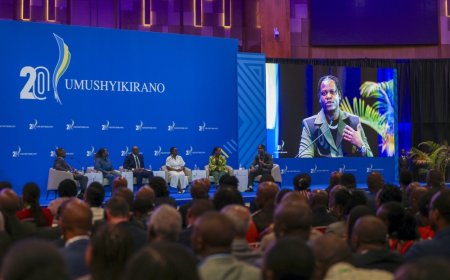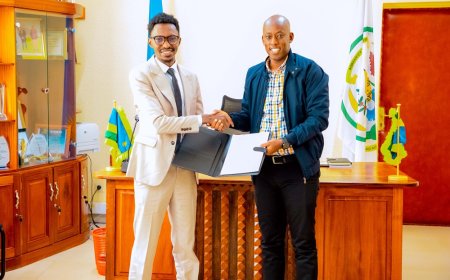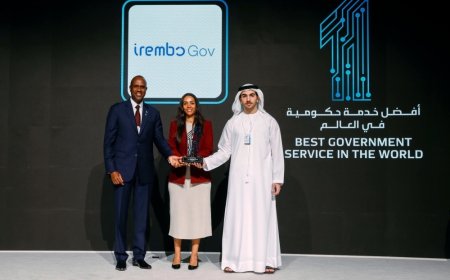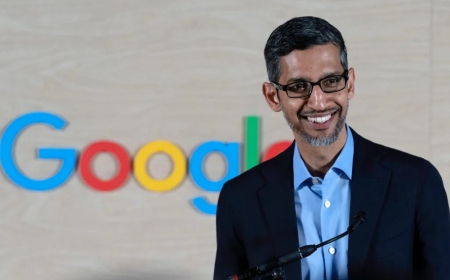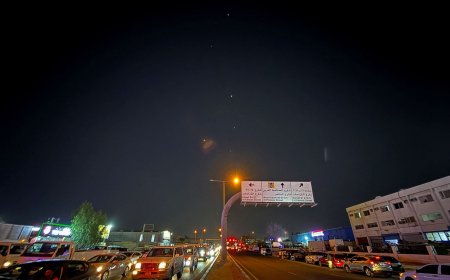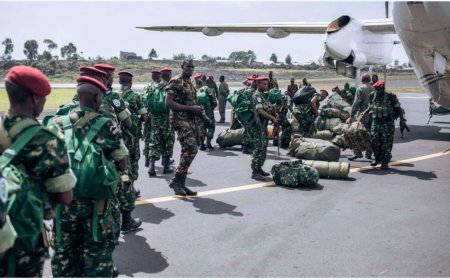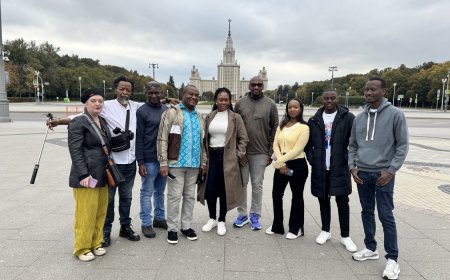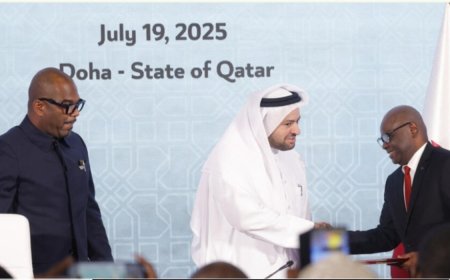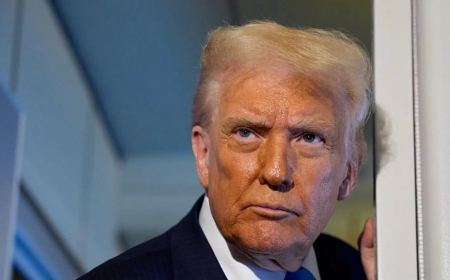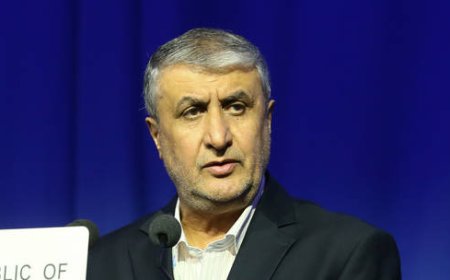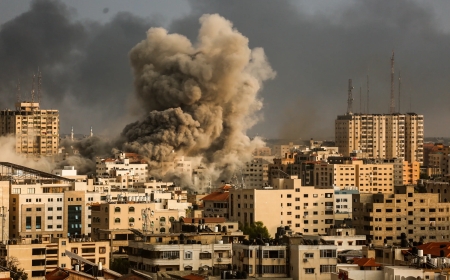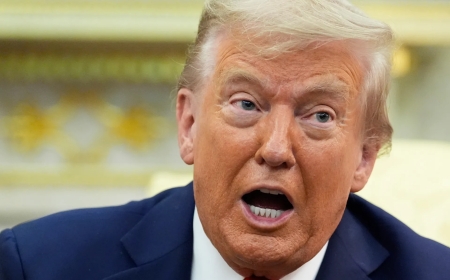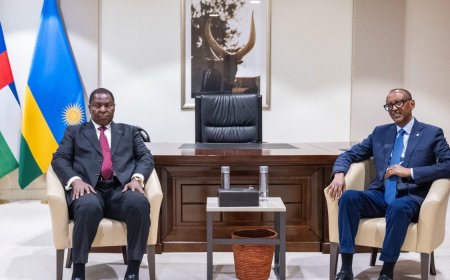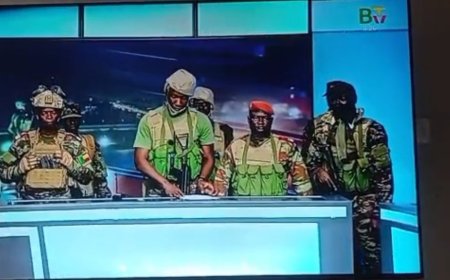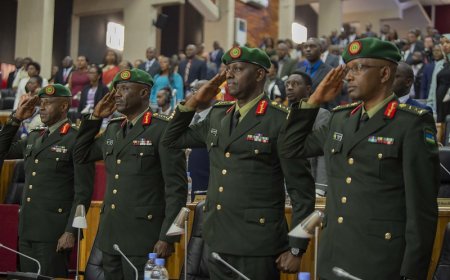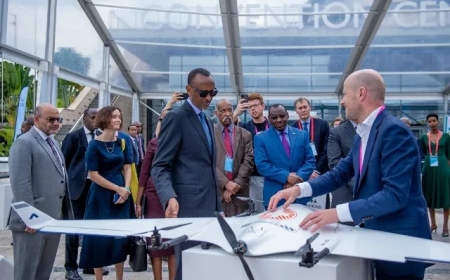Rwanda’s Foreign Minister Nduhungirehe pushes for urgency in resolving African Wars
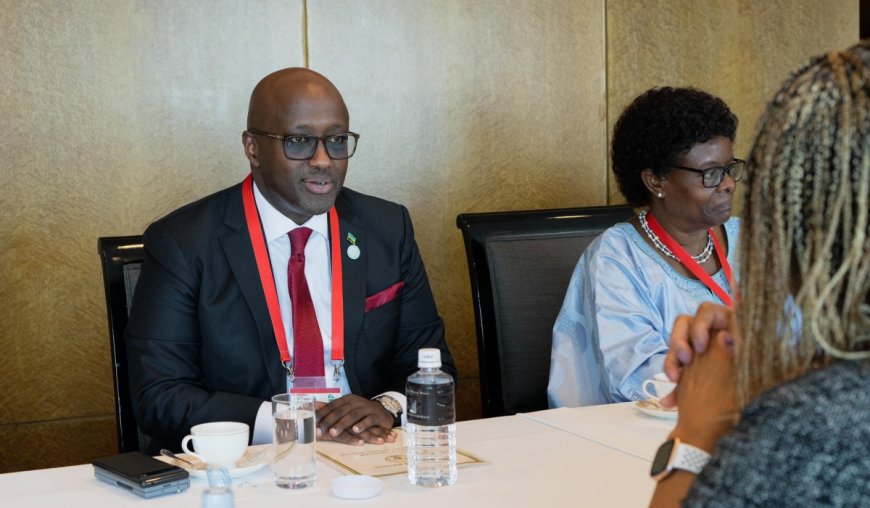
The Minister of Foreign Affairs and International Cooperation, Olivier Nduhungirehe, has expressed optimism that Africa can end armed conflicts before the end of the decade if their root causes are addressed.
Nduhungirhe said this during a meeting on the sidelines of the 9th Tokyo International Conference on African Development (TICAD) in Yokohama on August 20, Nduhungirehe, where African and Japanese leaders discussed collaboration in various areas.
“We believe that our aspiration to 'silencing the guns' on the continent can be achieved by the end of the decade,” he said.
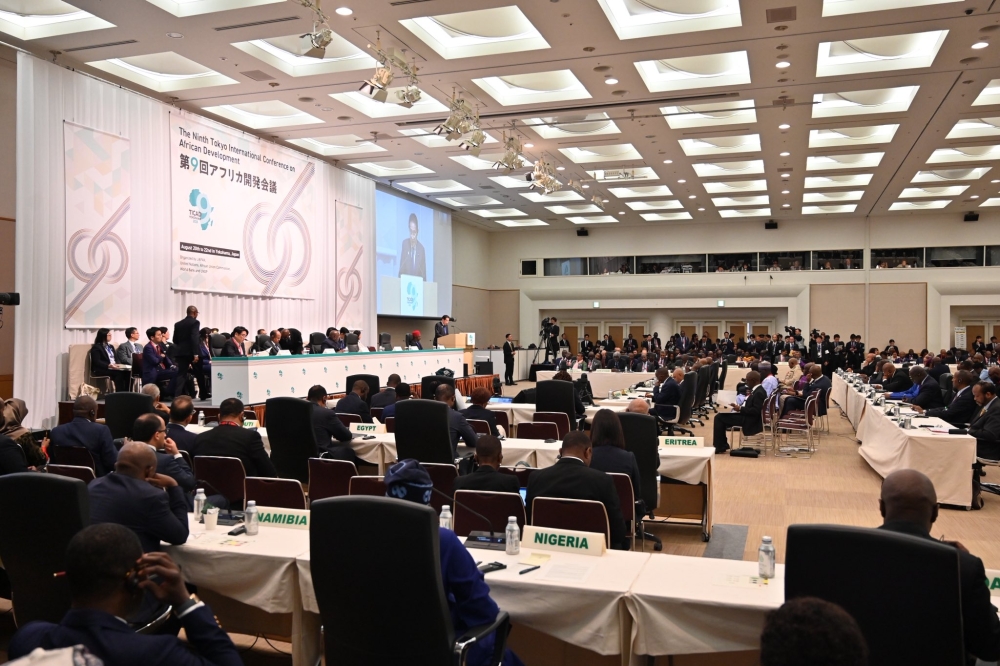
He noted that recent economic, geopolitical, and climate-related crises have disproportionately affected the continent, created new challenges and even reversed development gains in some aspect. Despite these setbacks, the minister reaffirmed Rwanda’s commitment to supporting peace across Africa, in part by contributing to peacekeeping operations, such as in Mozambique and the Central African Republic.
"Rwanda remains a committed partner to peace across our region. Ours is a holistic and human-focused approach to peace support," Nduhungirehe said.
"At the formal request of partner countries, we have deployed forces in the Central African Republic (CAR) and Mozambique, and we continue to contribute to UN peacekeeping efforts in South Sudan and CAR. These efforts reflect my country's commitment to African solutions to African problems.”
He further pointed out that the Kigali Principles on the Protection of Civilians, adopted in 2015, remain an essential framework to ensure “robust, effective, accountable, and people-centered peacekeeping.”
Highlighting progress on continental initiatives, Nduhungirehe noted that the African Union Peace Fund has reached its 400-million-dollar target, with increased participation from the private sector.
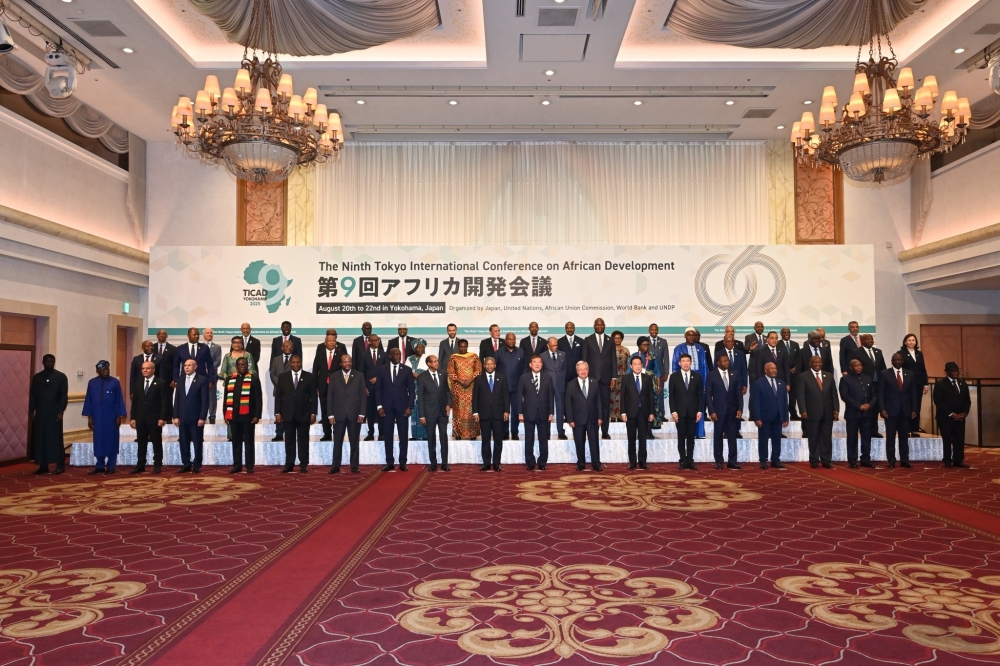
The Minister also commended mechanisms in pursuit of peace in DR Congo and the Great Lakes Region, saying that initiatives led by the East African Community (EAC) and the Southern African Development Community (SADC), under the coordination of the African Union, are instrumental in “supporting a sustainable solution for peace in the region.”
He added that these efforts are reinforced by ongoing diplomatic engagements, including the Washington Peace Agreement and the Doha Process.
However, he cautioned that deeper challenges must be addressed urgently for the conflicts to be resolved.
“Renewed urgency is needed in addressing the underlying root causes of conflicts such as bad governance, corruption, discrimination, and genocide ideology, which are deeply rooted in countries such as the DR Congo,” he said.
He also linked peace to Africa’s long-term development ambitions.
“While we strive to build more resilient digital economies, we are reminded that the foundation remains peace and stability... We believe that our aspiration to 'Silencing the Guns' on the continent can be achieved by the end of the decade.”
TICAD, launched in 1993 by the Government of Japan, promotes Africa’s development, peace, and security through strengthened multilateral cooperation. It is co-hosted by the United Nations, the United Nations Development Programme (UNDP), the World Bank, and the African Union Commission (AUC).
